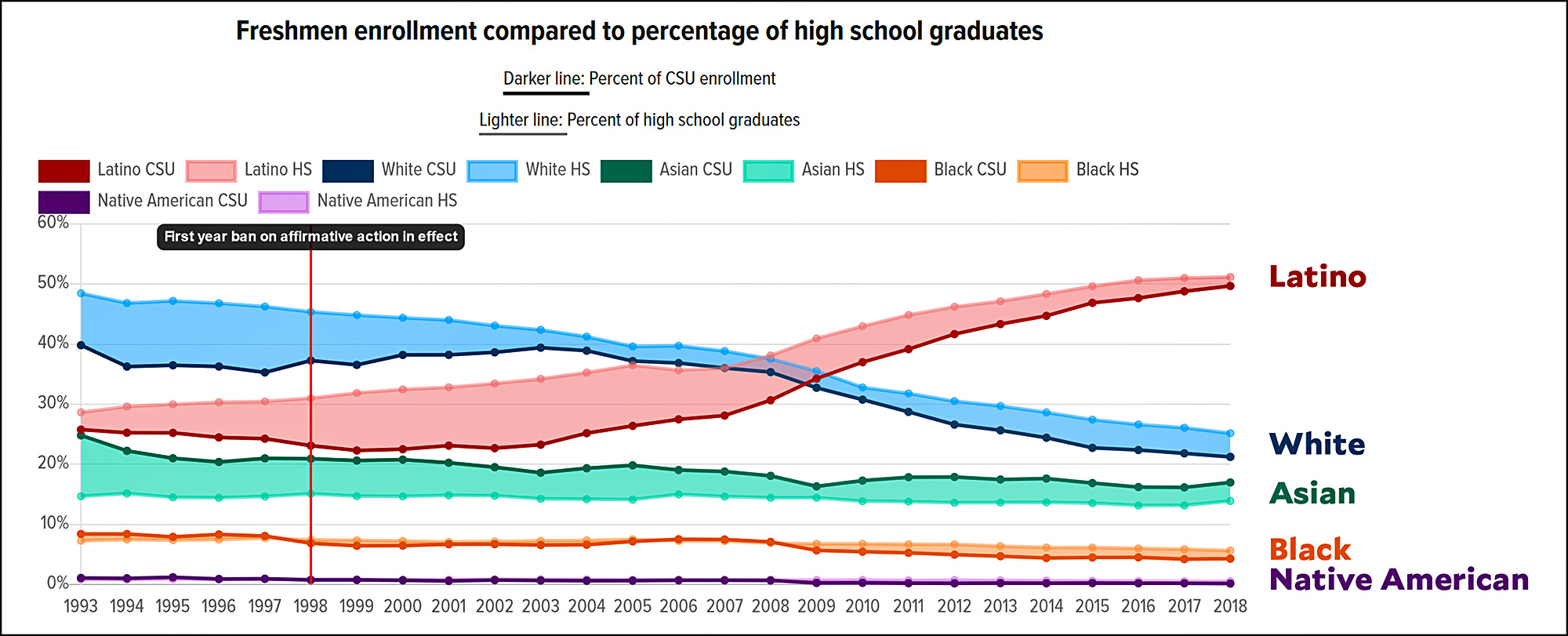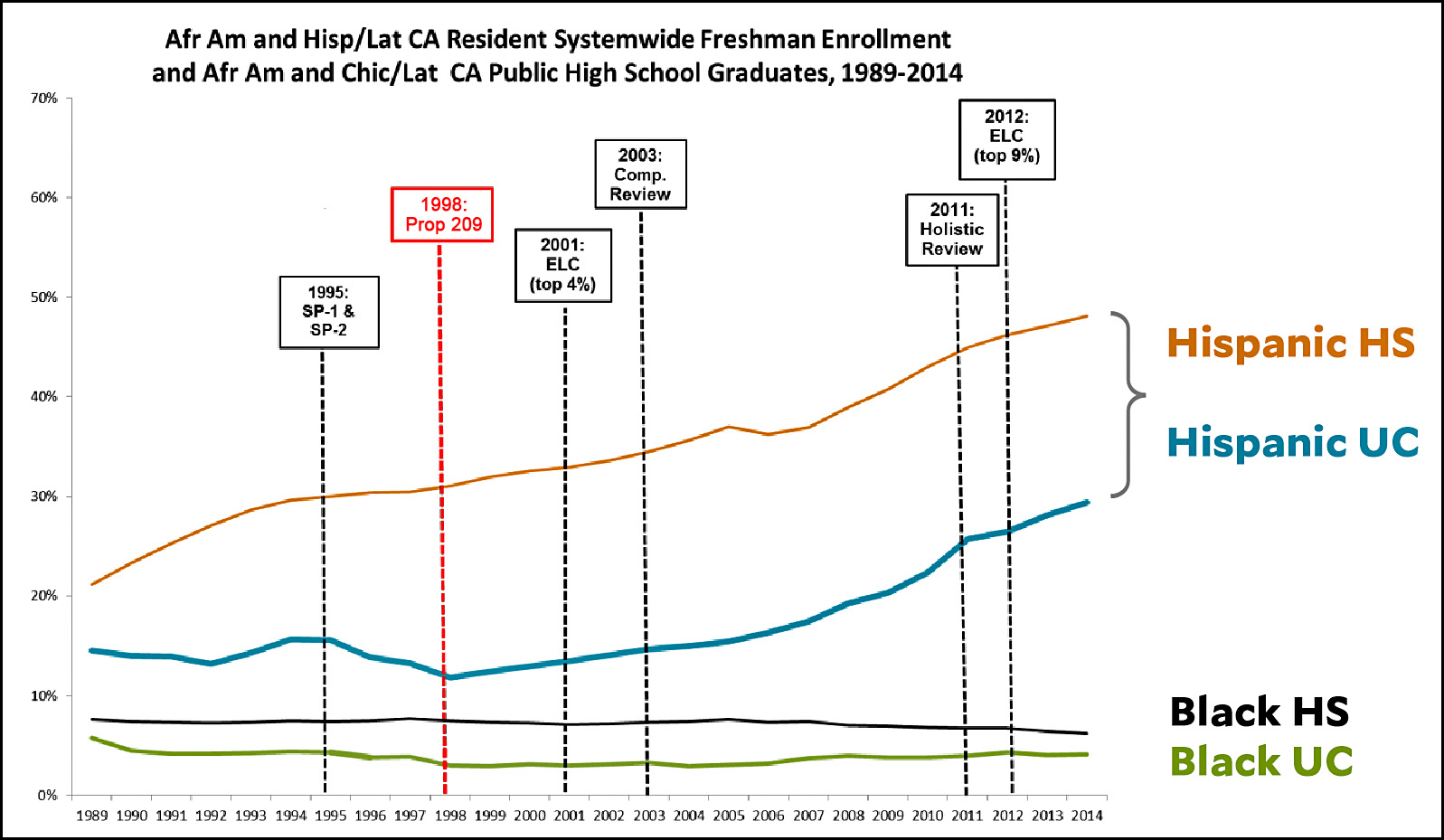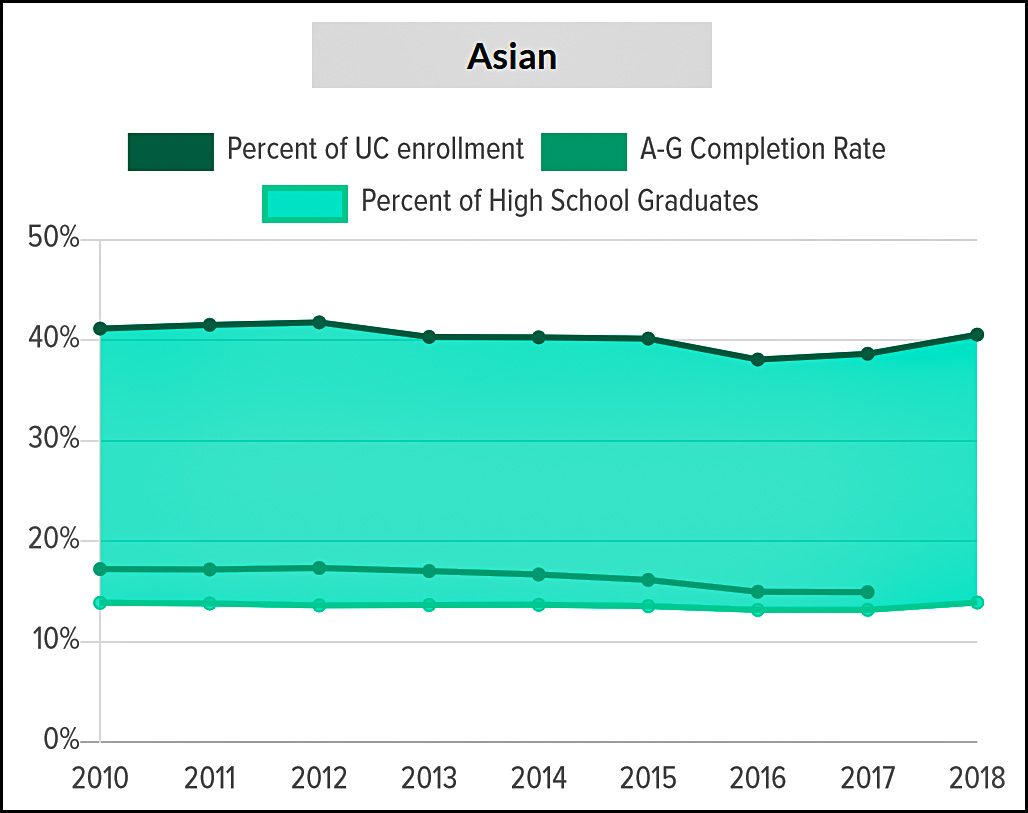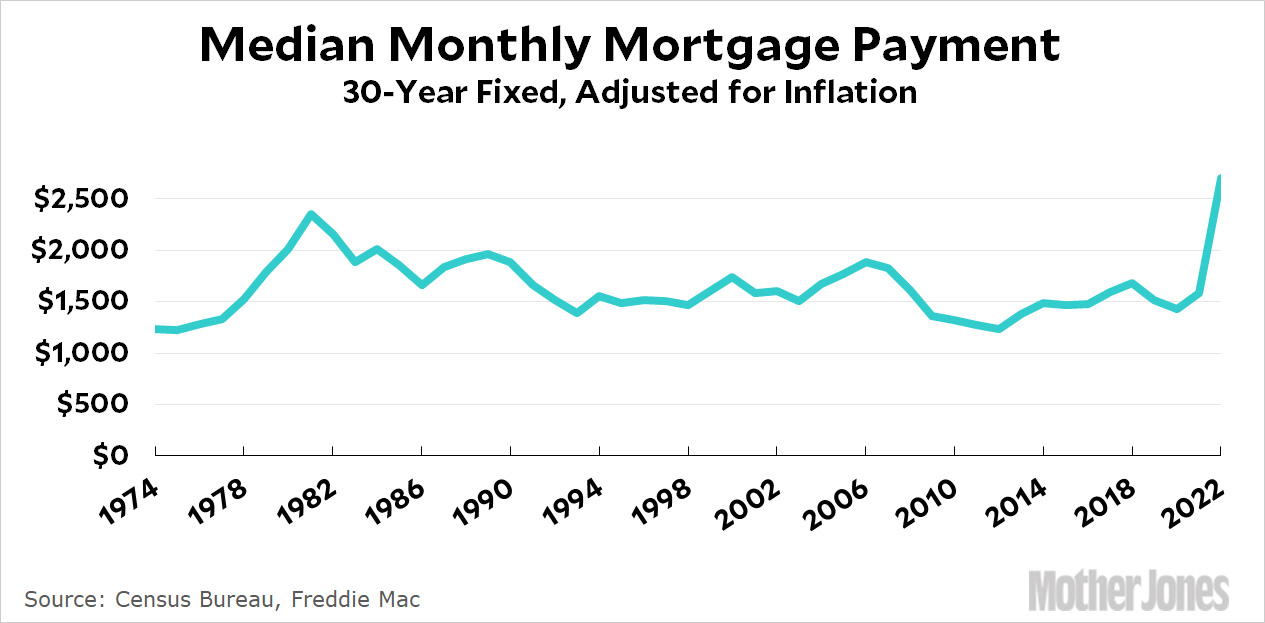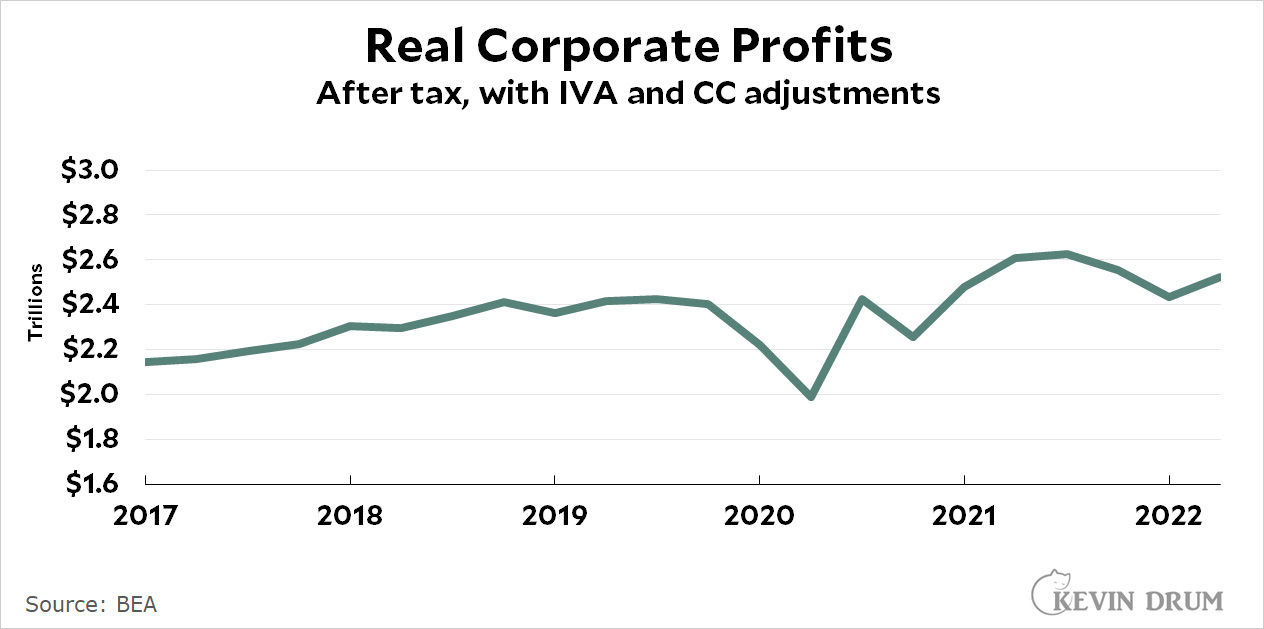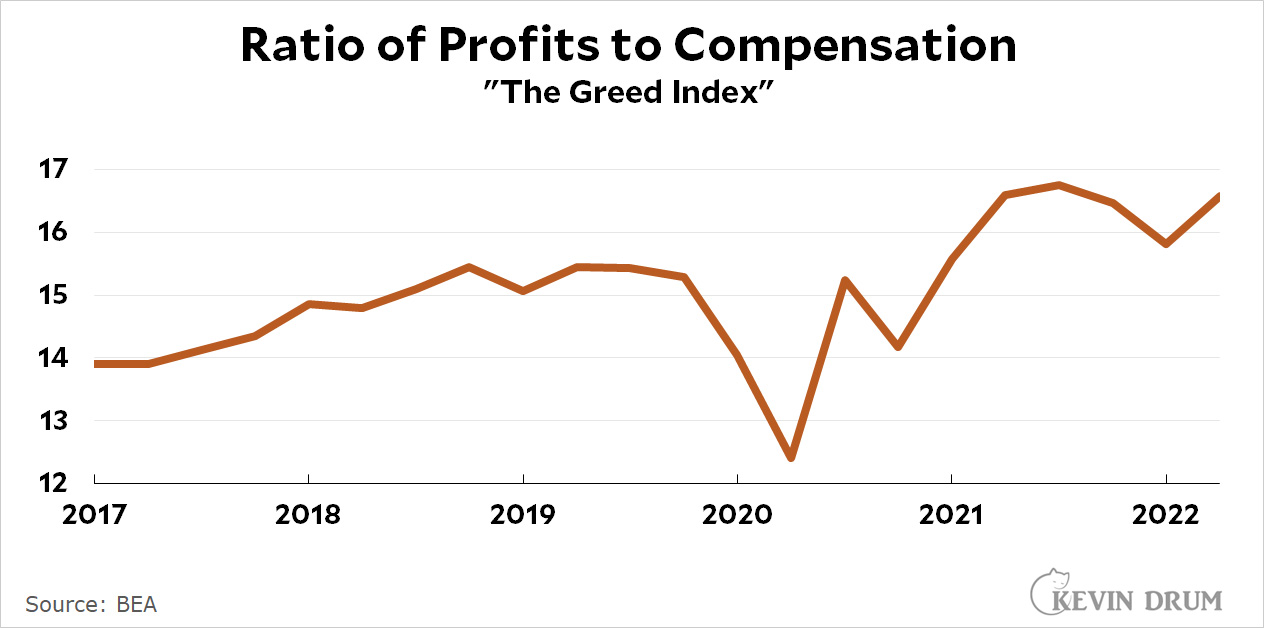The Washington Post is worried that we're all getting lazy:
In the first half of 2022, productivity — the measure of how much output in goods and services an employee can produce in an hour — plunged by the sharpest rate on record going back to 1947, according to data from the Bureau of Labor Statistics.
The productivity plunge is perplexing, because productivity took off to levels not seen in decades when the coronavirus forced an overnight switch to remote work, leading some economists to suggest that the pandemic might spark longer-term growth. It also raises new questions about the shift to hybrid schedules and remote work, as employees have made the case that flexibility helped them work more efficiently.
Did "some economists" really suggest that the pandemic might spark long-term productivity increases? Color me skeptical.
(UPDATE: A reliable source tells me that, yes, there really were economists making this argument back in 2020. OK then.)
Nor have I ever really believed that remote work increased worker efficiency. In fact, I'm not sure the kind of stuff the typical remote worker does even affects the productivity stats much.
But most of all, there's this:
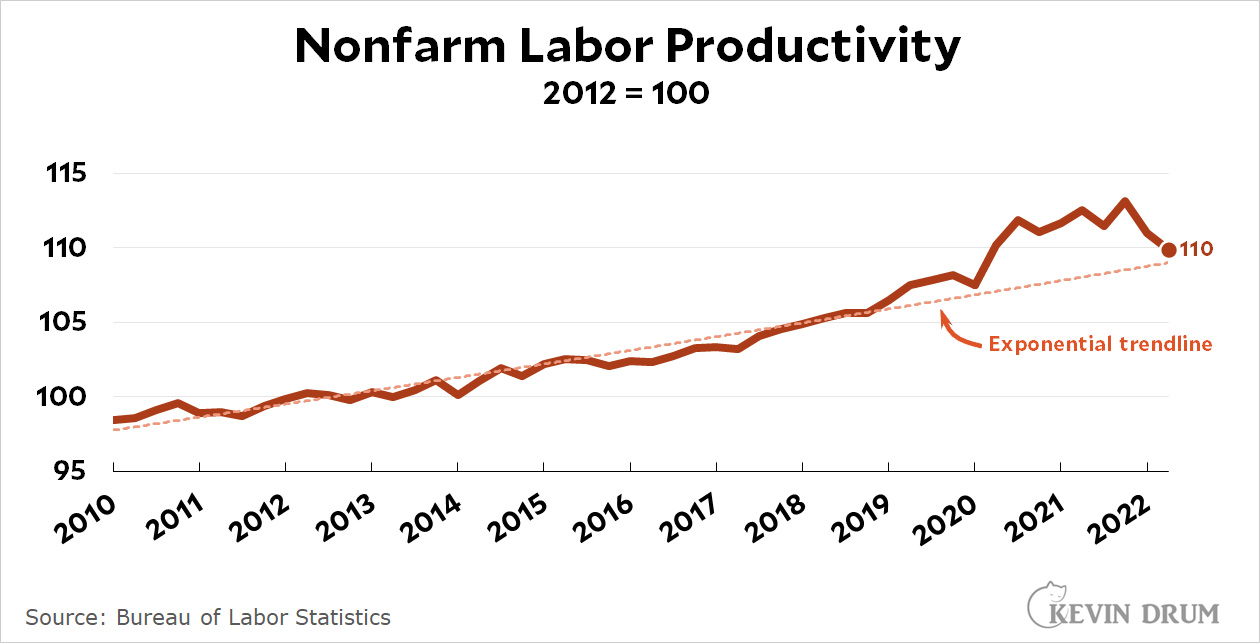 The pandemic was a singular event for the national economy, which makes it difficult to evaluate by normal historical standards. This is why I believe that a necessary first step for nearly any analysis of recent economic data is to look at the pre-pandemic trendline and see how we're now doing in comparison. In this case you see something typical: a big increase in 2020/21 and then a reversion to trend later on. In other words, the increase in productivity was a bit of chimera, probably because lots of people were furloughed and that caused an artificial productivity increase that went away when worker levels returned to normal.
The pandemic was a singular event for the national economy, which makes it difficult to evaluate by normal historical standards. This is why I believe that a necessary first step for nearly any analysis of recent economic data is to look at the pre-pandemic trendline and see how we're now doing in comparison. In this case you see something typical: a big increase in 2020/21 and then a reversion to trend later on. In other words, the increase in productivity was a bit of chimera, probably because lots of people were furloughed and that caused an artificial productivity increase that went away when worker levels returned to normal.
For now, this is just a guess on my part. But unless productivity keeps on dropping, I'm not sure there's really anything worrisome going on here.


